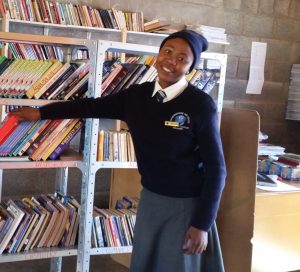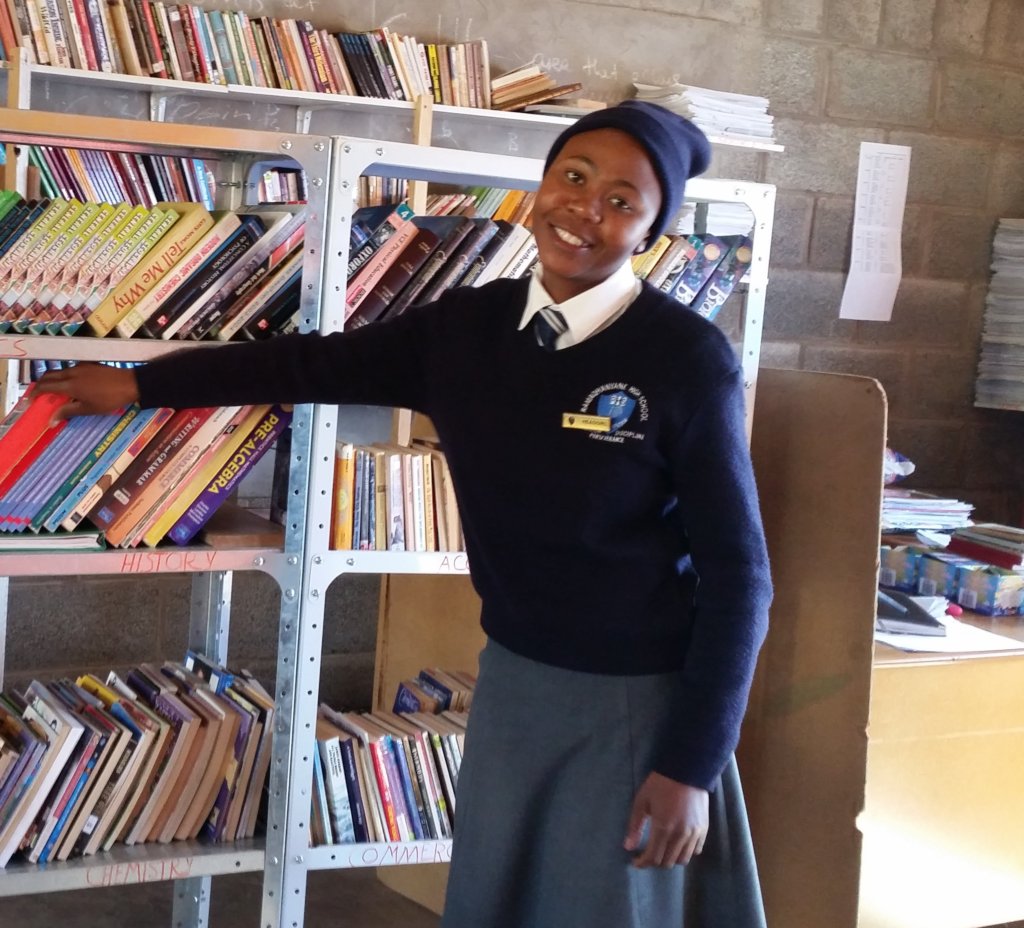 In a globalized world, effective communication is paramount for fostering understanding, collaboration, and progress. The translation industry plays a crucial role in international development, particularly in the context of girls’ education in Africa. By bridging linguistic and cultural gaps, translation services ensure that vital information reaches diverse communities, enabling them to make informed decisions that promote educational opportunities for girls.
In a globalized world, effective communication is paramount for fostering understanding, collaboration, and progress. The translation industry plays a crucial role in international development, particularly in the context of girls’ education in Africa. By bridging linguistic and cultural gaps, translation services ensure that vital information reaches diverse communities, enabling them to make informed decisions that promote educational opportunities for girls.
Accessibility of Educational Resources
One of the primary ways the translation industry contributes to girls’ education is through the localization of educational materials. Many organizations, both governmental and non-governmental, work tirelessly to create resources aimed at empowering girls through education. These resources include textbooks, online courses, and digital content, which must often be translated into local languages to be effective. By translating these materials, the industry ensures that girls in rural and underserved communities can access quality education tailored to their linguistic and cultural contexts.
Promoting Awareness and Advocacy
The translation industry also plays a pivotal role in raising awareness about the importance of girls’ education. Campaigns and advocacy initiatives aimed at promoting gender equality in education often produce multilingual content to reach broader audiences. Translators facilitate the dissemination of success stories, research findings, and policy recommendations across different languages, thus mobilizing support for girls’ education initiatives. By making information accessible, translation fosters a culture of advocacy that encourages communities to prioritize education for girls.
Facilitating International Collaboration
International development projects often involve collaboration between various stakeholders, including governments, NGOs, and local communities. The translation industry enables effective communication among these parties by providing translation and interpretation services during meetings, conferences, and workshops. This ensures that all voices are heard and that local perspectives are incorporated into development strategies. By fostering inclusive dialogue, translation helps to create more effective and culturally relevant educational programs.
Supporting Policy Development
For policies aimed at improving girls’ education to be effective, they must be informed by local needs and realities. The translation industry assists in this process by translating research studies, policy documents, and educational guidelines into local languages. This enables policymakers to understand the nuances of community needs and craft targeted interventions that address barriers to girls’ education. Furthermore, when local communities are informed about these policies in their language, they are more likely to engage with and support them.
Enhancing Cultural Sensitivity
Cultural context is vital in education, especially when addressing gender issues. The translation industry contributes to cultural sensitivity by not only translating words but also adapting content to align with local customs and values. This is particularly important in African countries, where cultural differences can significantly impact girls’ access to education. By ensuring that educational materials resonate with local traditions and beliefs, translation helps to foster a supportive environment for girls to learn and thrive.
Conclusion
The translation industry is an indispensable partner in the quest for international development and the promotion of girls’ education in Africa. By ensuring accessibility, raising awareness, facilitating collaboration, supporting policy development, and enhancing cultural sensitivity, translation services contribute to breaking down barriers and empowering girls through education. As the world continues to strive for gender equality and educational equity, the role of translation will remain critical in fostering a brighter future for girls across the continent.
Over the last 30 years we have been assisting a multitude of organizations working in International Development and children’s education in Africa. We also have been providing financial contributions to several schools, such as Un arbre un enfant in Niger https://1enfant1arbre.org/ and the Educare Fund in Lesotho https://www.educarefund.org.uk/
In our next article, we will introduce both organizations and their founder.




